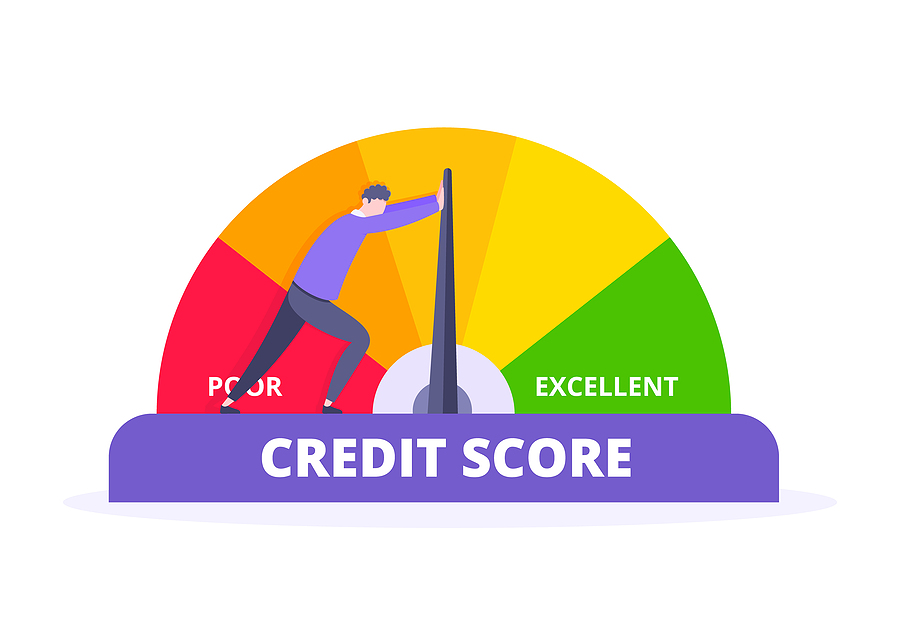How does a Balance Transfer Affect Your Credit Score?
According to a survey from Bankrate, nearly half of American credit cardholders have some amount of credit card debt. One approach to reducing credit card debt is a balance transfer. We’ll take a look at what this is and how it can impact your credit score.
What is a Balance Transfer?
A balance transfer means moving credit card debt from one card to another, typically one with a lower interest rate. This can help pay off debt faster and save you money on interest payments. If you’re paying off debt from multiple accounts, a balance transfer can consolidate what you owe to one account. It should be noted that many credit cards charge fees for balance transfers. Although a balance transfer can hurt your credit score in the short term, it can improve it long term.

How a Balance Transfer Can Hurt Your Credit Score
A balance transfer often means applying for a new credit card. This will result in a hard inquiry on your credit report, which will knock a few points off your score. This impact usually lasts about two years. Applying for a new card will also reduce the length of your credit history, which can also knock points off your credit score. But, using a balance transfer to pay off credit card debt should negate these short-term drawbacks in the long run.

How a Balance Transfer Can Improve Your Credit Score
Ultimately, a balance transfer can help you eliminate credit card debt. Reducing debt can also help improve your credit score. Balance transfers can also lower your credit utilization rate, or the percentage of available credit you use. This, in turn, can also help improve your credit score. As stated, a balance transfer can consolidate what you owe to a single account. This reduces the likelihood of missed payments, which can have a positive impact on your credit score.

Moving Forward After a Balance Transfer
One of the main benefits of a balance transfer is that it reduces the amount of credit card debt you owe. So, paying off your balance after a balance transfer can help prevent additional debt buildup, especially when APR rates are low. In any case, missed payments can hurt your credit score, so it’s wise to set up auto-pay on your credit card. Even if you transfer debt from an older credit card to a newer one, keep the older card open so that your credit history is longer. It’s also wise to limit the amount of new credit cards you apply for after a balance transfer, as hard inquiries on your credit report can damage your credit score. Above all, it’s crucial to budget your spending after a balance transfer to avoid accruing more debt.
A balance transfer can be an effective way to pay off credit card debt faster. It should be noted that a balance transfer does not reduce the amount of debt you owe. It also does not change the history of an old credit card account. But, a balance transfer can improve your credit score – it just takes time.
Thinking about a balance transfer? Gulf Winds Credit Union has several credit card options to choose from.

Hunter Morrison
About Hunter Morrison
Hunter has freelanced for various print and radio publications across Northwest Florida, including The Bay Beacon, Navarre Press, Inweekly, Crestview News Bulletin, and WUWF. He was also the Editor in Chief of the University of West Florida’s student newspaper, The Voyager. In 2023, Hunter moved to Kenai, Alaska to take up a news reporting position with KDLL Public Radio. For fun, Hunter enjoys cross-country skiing, hiking, photography, thrifting, traveling, and looking for the best Thai food around.